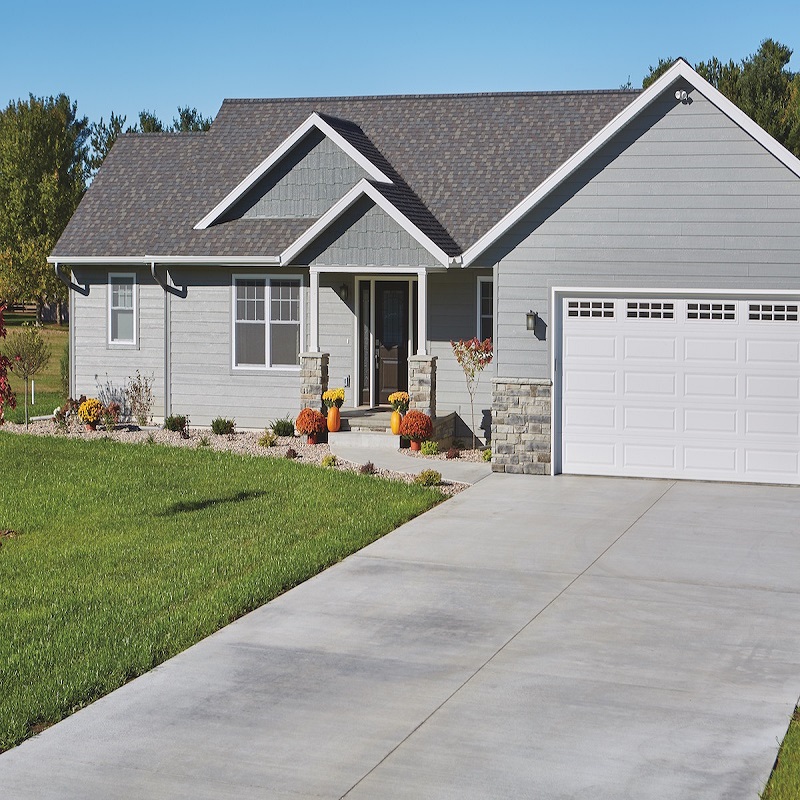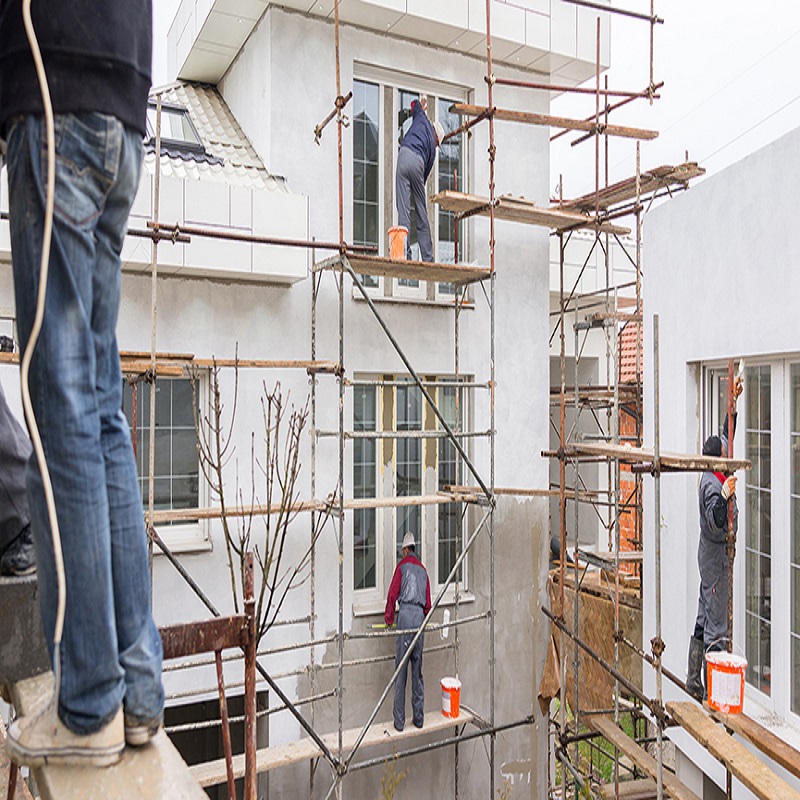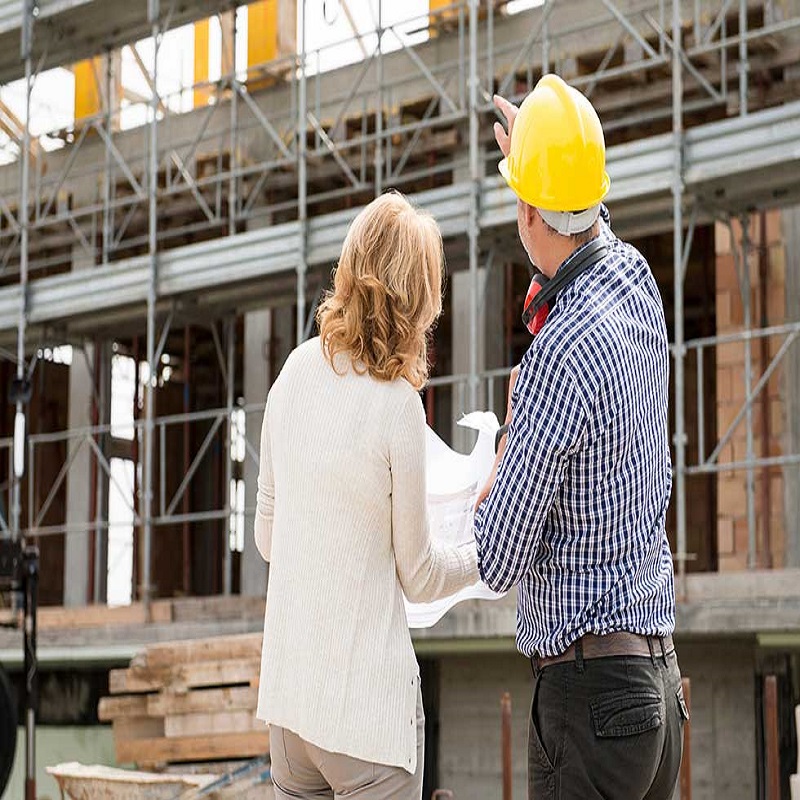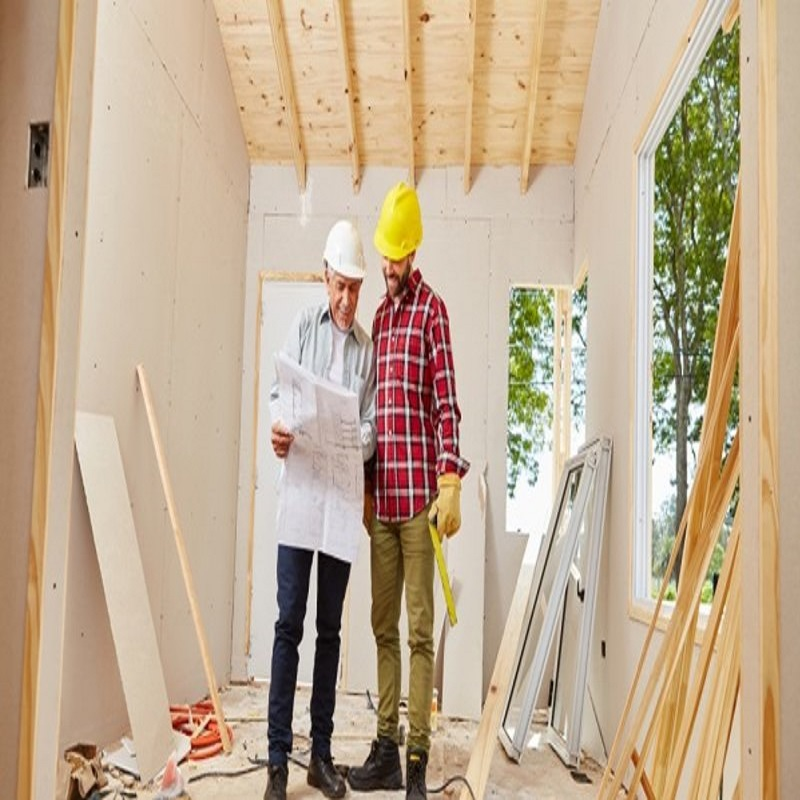Driveway
Or Call: (020) xxxx–xxxx
A driveway is the first thing people see when they arrive at your home. It sets the tone for their visit, and it has a lot of jobs to do! This blog post will discuss what a driveway is, what it does, its benefits, different types of materials used in driveways, and how you can choose which material is best suited for your needs.
What is a driveway, and what does it do?
A driveway is a path that is built in a front yard or backyard. It allows vehicles to park and turn around, but it also has other functions! Driveways serve as the quickest way from your garage into the street. If you have an attached garage, this is particularly important because otherwise, people wouldn’t be able to get their car out without going through your home’s interior first!
In addition, driveways provide another space for pedestrians to cross over when coming towards or leaving from your house—they are typically much shorter than sidewalks, so they don’t make pedestrians walk very far before crossing onto the sidewalk on the opposite side of where they want to go.
Driveways can range significantly in size depending on how large a property is and what purposes a person needs their driveway to serve. For example, suppose you live in an area with snowy winters. In that case, your property may need a much longer and broader driveway to accommodate for the extra room that heavy snowfall requires when it falls or accumulates on the ground.
The benefits of having your driveway paved
There are many benefits to having your driveway paved, such as increasing the value of your home and making it look more attractive. If you live in a snowy area throughout winter, then a gravel or dirt road won’t be sufficient to handle the weight of heavy snowfall.
This can cause damage to the ground beneath it, leading to expensive repairs if left unattended over a long period—not to mention how inconvenient this would make things for everyone who lives on that property.
Another benefit is safety when driving into and out of your house—they are typically much shorter than sidewalks, so they don’t make pedestrians walk very far before crossing onto the sidewalk on the opposite side of where they want to go. Additionally, driveways add extra storage space because they are typically wide enough to fit multiple cars. Depending on how you design them within your property lines, they can also be used as a secondary area for parking or even entertaining guests.
What is the difference between a driveway and a parking lot?
A driveway is a private road that leads up to a house for vehicles. The main difference between a driveway and a parking lot is that driveways are not public. In contrast, anyone can use parking lots in general—whether they have access to your property or not. Additionally, many people confuse them with garages, but these two things are very different from one another as well.





The types of materials used in driveways, their pros and cons
There are many different types of materials used in driveways, each having its own set of pros and cons.
- Pattern imprinted concrete driveways
Pattern imprinted concrete driveways are made by heating the surface with intense heat to melt slightly, which gives the effect of a pattern or design on top. It is also done to create more texture within the driveway, making it easier for water to drain off into pipes beneath. The downside is that because this process requires high temperatures if there are any cracks, they will not fill up again as quickly compared to other pavements.
- Resin (bound or bonded)
Resin (bound or bonded) is an alternative form of paving that uses a mixture created from recycled tires and oil drums rather than cement mixes like asphalt or tarmac. This type of material is highly durable but also affordable and quick to install. The only downside with this material for driveways is that they do not look as clean or tidy compared to other materials such as asphalt paving.
- Indian stone
Indian stone is another alternative type of paving that uses natural stones to create driveways. While this can be more aesthetically pleasing than resin materials, the installation process takes much longer and requires more expensive equipment, which will affect the overall price.
- Block paving
Another material for driveways that we work with is block paving (also known as brickwork). Block paved drives look tidy; however, they require a lot of time and effort because every brick must be placed by hand on top of one another before we can even use any cement or filler. The costs associated with using block paving also tend to make it less favourable than other options available. This information has been provided courtesy of our friends at Tarmac.
- Gravel (or crushed stone)
One of the most popular materials for driveways, in general, is gravel or crushed stone; however, they do require a lot more space than other options like asphalt and tarmac due to their nature as loose material, which needs to be spread out before we can even lay it down.
The results are very aesthetically pleasing too because you get a mixture of colours throughout your driveway, depending on what kind of gravel or stones you use – something that makes them stand out from block paving even though both have been used for decades now by householders across Britain who want to improve their homes’ aesthetic qualities at low cost. In terms of costs associated with using this type of driveway system, though, there are some considerations you need to be aware of before you even think about making a purchase.
- Tarmac or asphalt
Asphalt (or tarmac) pavements are the cheapest form of driveway paving available on the market today due to their ease of installation and low cost when it comes time to replace them. They can be purchased pre-made in large sheets from home improvement stores, making it easy for even a novice DIYer to lay down by themselves without needing expert assistance!
However, these surfaces too will eventually crack over time due to incredibly high traffic areas such as intersections near your house where cars may need to turn. In addition, the heat from car tires can damage asphalt pavements over time by causing them to melt into a slippery mess that is dangerous for drivers and pedestrians alike!
- Bricks
Brick driveways are the oldest form of driveway pavements and are still used today. Unfortunately, brick driveways require an extremely high level of skill to install properly because they need to be laid directly on concrete or asphalt for support.
- Cobblestone
Cobblestones have been around since ancient Rome, where soldiers walked over them in their sandals while patrolling roadsides! Cobblestone is one type of paving that has remained popular throughout history due to its beauty and durability when appropriately maintained. Unlike bricks, though, cobblestones can be installed right onto your dirt base without needing extra support from a pre-existing surface beneath it!
How to choose the suitable material for your home’s needs
The importance of selecting the suitable material for your home’s needs cannot be overstated. The type of driveway you choose will depend on many factors, including:
Size – How large is the area that requires a new driveway? A smaller space may only need a single-width drive to accommodate one vehicle at a time, while something larger might require multiple lanes and more than two vehicles in some cases!
Shape or complexity – Is the design simple or complex? Some materials are better suited for specific shapes and sizes, while others can handle just about anything with ease. For example, brick has been used since ancient times because it was so easy to layout on any surface without needing much if any, mortar beneath them. On the other hand, cobblestone could get chipped if not installed correctly or at the wrong angle.
Types and quality – What are you using to pave your driveway? Many driveways are asphalt, but there are other options available too! Pattern imprinted concrete is gaining popularity as a low-cost solution that looks like actual brick, stone, cobblestone etc. These can be done in almost any colour imaginable, so you don’t have to settle for black or grey, even though those do look pretty sleek on their own! Resin-bound material is another popular option because it doesn’t require much maintenance over time save for an annual checkup now and then, which helps prolong the life of your driveway.
It’s also a lot more affordable than replacing the entire thing when it starts to wear down or cracks because you can replace whichever part is damaged and not have to worry about repaving everything. Indian stone, block paving etc., are all popular choices, depending on what look/feel you want from your driveway!
Tips on how to save money when paving your property
The cost of paving your driveway can vary widely depending on the type of material you choose and who does it for you. Because there are so many different kinds of materials that go into paving, costs also tend to vary by the region where they’re located because local providers may charge more or less than others outside their area too!
To save money when paving your driveway, you can do the labour yourself or get help from friends, family etc. If you’re doing it on your own, though, make sure to check local regulations for permits required too!
How do I know if it’s time for a new driveway?
One of the first signs that it’s time for a new driveway is if you see cracks in your current one. Another way to know would be by noticing any potholes that are very noticeable and can easily damage vehicles and pose safety concerns.
Why do I need to seal my driveway?
Sealing your driveway is crucial in protecting it from damage over time, especially if it’s not one of those driveways made out of something like concrete. Sealing it helps prevent water penetration, which causes cracks and eventually leads to potholes forming. It will keep everything looking great no matter how much traffic goes through every day, ensuring it won’t be cut short after just a few years.
What are some of the benefits of paving over a gravel drive?
Gravel is typically used as an inexpensive alternative to more expensive options like asphalt or concrete. Still, it does come with its own set of problems, too, if not properly maintained. Gravel will begin deteriorating after just a couple of years and can cause your driveway surface to be bumpy, which makes for an uncomfortable ride, especially since you’ll end up losing traction on wet surfaces where there’s no grip at all!
It also doesn’t look very appealing either. Having something that looks nice without sacrificing durability is essential if you want your property to look great throughout the year regardless of weather conditions, whether good or bad.
Can you pave over an old cement slab?
When it comes to paving over an old cement slab, the answer is no. It simply won’t last because you need a strong foundation for your driveway, so when you have gravel or soil instead of concrete underneath, this makes it very unstable.
How to choose the right professional for your driveways
When it comes to choosing the right professional for your driveway, there are a few things you need to consider. You want someone who has experience in laying down concrete and can give you advice on whether or not what you’re looking at working out based on their knowledge and years of expertise.
It would help if you also looked for someone who has insurance and references so that you know they are fully certified, bonded, and insured.
Government regulations concerning driveways
In terms of government regulations that pertain to driveways, it is illegal for asphalt companies along with other professionals such as contractors and landscapers from paving over the grass, so this means they have no choice but to pave around it instead if possible unless a permit was given by a city official first before we could do the work.
Tips for maintaining your new pavement to keep it looking great!
Here are some tips on how to maintain your new pavement for it to look great! Always rinse the driveway off after a rainstorm by using some water hose. If any dirt gets stuck, you can use soap and scrub with steel wool.
You should also regularly check for cracks or holes since they will need repairing immediately before anything gets worse. It would be best if you always tried keeping at least one coat of sealant on them to prevent most stains from getting through, which means less effort is needed when cleaning.
If you need help with anything else please feel free to call us on
020 xxxx xxxx
